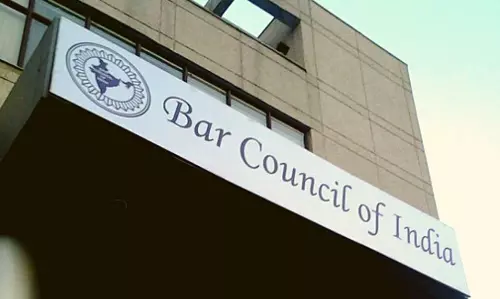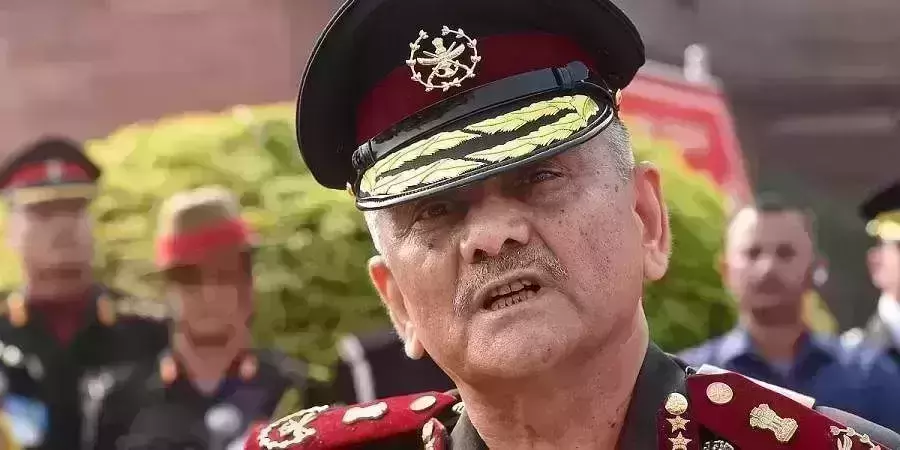
A humanitarian issue begging for solution
text_fieldsThat the quality in government schools of Kerala has improved consideraly compared to earlier times, can easily be accepted. The main reason for this improvement is the government's persistent efforts to improve the infrastructure and to ensure the productivity of teachers. Over the last few years, the number of students seeking admission to government and aided school has also been significantly increasing. As a result, the situation has changed from that of confessedly shoddy government institution - which used to force even middle-class parents to send their wards to private self-financing schools paying hefty fees. That change looks set to continue too.
As a result, not only do the student's capabilities get enhanced, the government also gets a relief from the financial burden of 'protected teachers'. Most recently, a big drive has been progressing to turn all school classrooms into smart classrooms, using money including MP-MLA funds for this great venture. But there is also the sad truth that the teacher vacancies do not get filled through PSC appointments in the required quantity or at the required time. Most schools function with temporary teachers working on daily wages which is bound to adversely affect learning quality. Further, it also diminishes the job opportunities of qualified and efficient youth. There is also a situation of PSC rank lists getting outdated without sufficient appointments taking place during their validity.
In such a situation the last haven of candidates holding bacherlos and post-graduate degrees, and even doctorate, is the sector of unaided schools. Kerala has 1,400 CBSE-affiliated school which impart quality education using that work-force. Figures tell that in the state syllabus category also there are 863 unaided schools. The notion that all these schools are commercially run by educational investors exclusively for profit, is not true. Even as it is correct that such managements do exist in the state, it would not be fair to club all private schools in that bunch. It is especially so when scores of agencies run institutions in educationally backward areas and among communities as a moral mission, bearing a huge financial liability for the cause.
Continuing to exist in the field of education marked by stiff competition presupposes appointing and retaining efficient teachers which in turn will not be possible without ensuring competitive salay. And the funds required for employees' wages and maintenance of basic facilities can be raised only through fees. But if the government intervenes and sets unrealistic ceiling on fees, and issues orders barring action on parents who default in fee payment, that will naturally throw the running of schools out of gear. Right at the beginning of Covid, chief minister Pinarayi Vijayan declared at a news conference that students in private schools did not have to pay fees, and at the same time teachers and non-teaching employees had to be paid salary promptly, much to the displeasure of managements who lamented about the impracticality of the government decision.
Managements point out that the moment the chief minister's statement was released, even financially sound parents – and most parents sending children to private schools fall under that category – they were in a hurry to defer payment of fees. What naturally happened was that disbursement of salary to employees was interrupted during the lockdown period. In addition, paucity of funds also affected the maintenance works mandatorily to be completed before the beginning of the academic year. By a preliminary estimate, the salary bill of CBSE schools alone in the state amounts to Rs 210 Crore per month. Given that fee collection was blocked, salary disbursement has also been suspended partially or fully, in most schools. There needs to be a change in the government's method of making generalisation and prohibitions based only on the circumstances of a few affluent managements with huge assets and fund-raising capacity.
The government which gives laudable focus on relief measures during Covid, is not to be a silent spectator of the daily life of thousands of private school employees sinking into hardship. A memorandum was submitted by the council of CBSE schools in Kerala to the central finance minister Nirmala Sitharaman, requesting her to grant an interest-free loan for six months to the schools in crisis, but the representation reportedly has brought no response so far. The demand was to grant a loan equal to the salary of staff from March to August 2020 through the banks where the schools maintain accounts. The council has also submitted that the loan would be recoverable as and when the situation improves. The humanitarian issue of the tens of thousands of teaching and non-teaching staff deserves the immediate attention of the centre-state governments.























